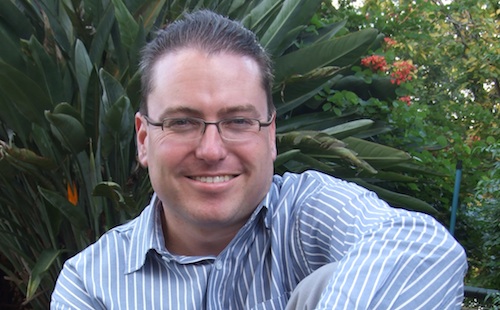[By Duncan McLeod]
The arrival, finally, of relatively affordable, uncapped broadband products shows the country is making some progress in telecommunications. However, if we want to be truly competitive as a nation, we need to be thinking much bigger.
There has been an outpouring of sheer joy from local Internet users now that some service providers have begun offering uncapped broadband on fixed lines.
Their reaction is not surprising: in a world where the Internet has graduated from basic text and images to a way of delivering various forms of high-bandwidth media, including high-definition video, most local users have had to make do with 1GB-3GB monthly caps. For South Africans, the Internet was crippled. It was like subscribing to a pay-TV service but being allowed to watch it for a only few hours a month.
So uncapped broadband represents progress. But it’s not nearly enough progress if SA wants to compete in the global information economy. With our uncapped broadband offerings, we’ve just caught up to where the rest of the world was a decade ago. Meanwhile, the rest of the world — the world that matters, anyway — has moved on.
I think everyone agrees that to compete globally, SA needs cheap, reliable and fairly ubiquitous high-speed broadband. Compared with what’s on offer in Europe and Asia, we are lagging far behind.
Consider that 100Mbit/s and even 1Gbit/s connections into the home are now commonplace in parts of Scandinavia. To put that in perspective, 1Gbit/s is nearly 3 000 times the speed of Telkom’s entry-level “broadband” offering .
Fibre to the home is fast becoming a standard in many European and Asian countries. Even in the US, with its own set of telecoms challenges, some operators like Verizon are building fibre into people’s homes.
There’s no doubt that the challenges in SA are huge. The incumbent fixed-line operator, Telkom, has barely 4m phone lines in service in a country of 48m people. Fewer than 1m of those lines is set up for broadband.
All fixed-line broadband — except into the largest companies — is provided over Telkom’s ageing copper network. This copper infrastructure is being stolen and sold as scrap metal at an alarming rate. Copper theft is so bad in some areas, including parts of Gauteng’s East Rand, that Telkom has simply given up replacing it. The only option for people in these areas is to use expensive and often unreliable cellular data.
Calls are growing for government and the regulator to unbundle the local loop — the so-called “last mile” of copper cabling into people’s homes — so that one of the last remaining hurdles keeping fixed-line broadband prices high, Telkom’s control over this copper, is dealt with. And they’re right. Local-loop unbundling must happen, whatever Telkom’s protestations.
But I think that as South Africans we need to be thinking bigger than this. Copper is not suited to the multigigabit-per-second Internet of the future; neither, frankly, is wireless.
What we need to do, as a nation, is figure out how to get fibre-optic cables into businesses and homes on a mass scale.
Of course, the cost of a project like this is enormous. And the right way of doing it is open to debate. We could emulate the Australians, where the left-wing government is playing a leading role in building a US$30bn national fibre network. Alternatively, we could look for ways of energising private enterprise to get the job done. Maybe a combination of the two is needed.
Whatever the case, we shouldn’t really be patting ourselves on the back for finally having uncapped broadband. The rest of the world is still accelerating away from us.
- Duncan McLeod is editor of TechCentral. This column is also published in Financial Mail
- Subscribe to our free daily newsletter
- Follow us on Twitter or on Facebook





